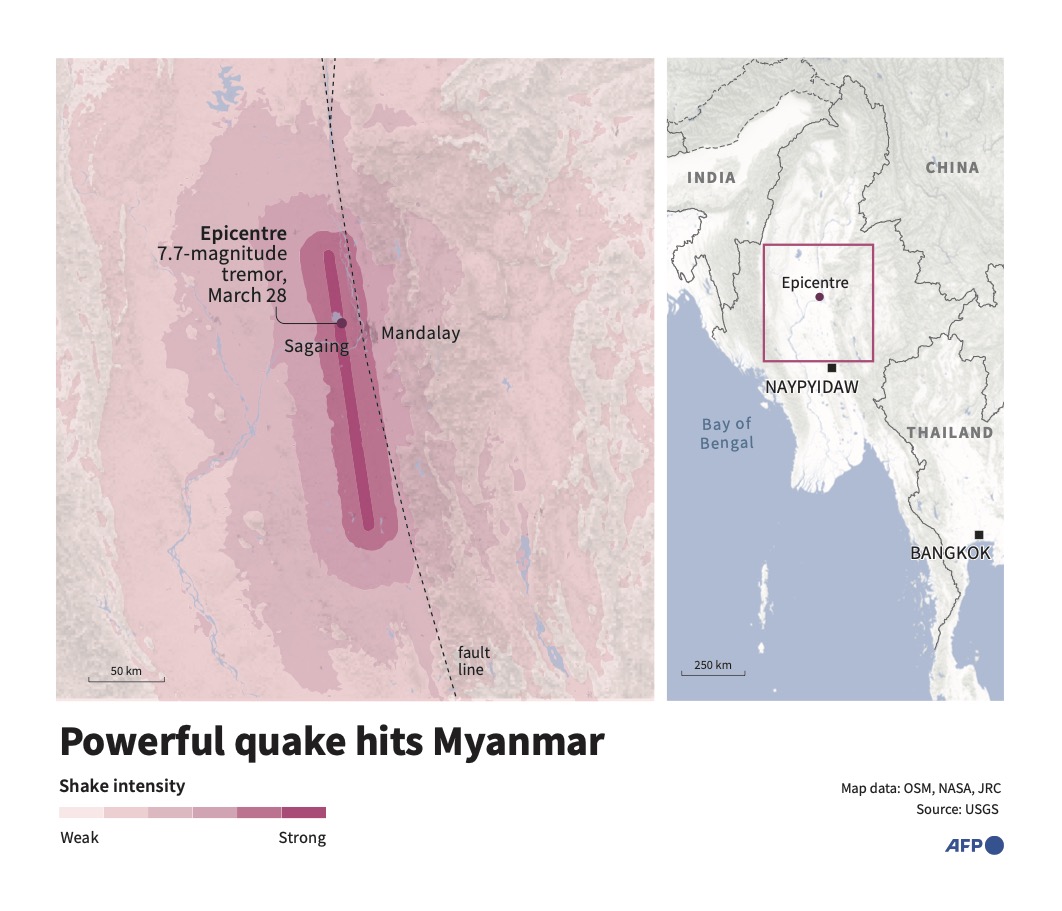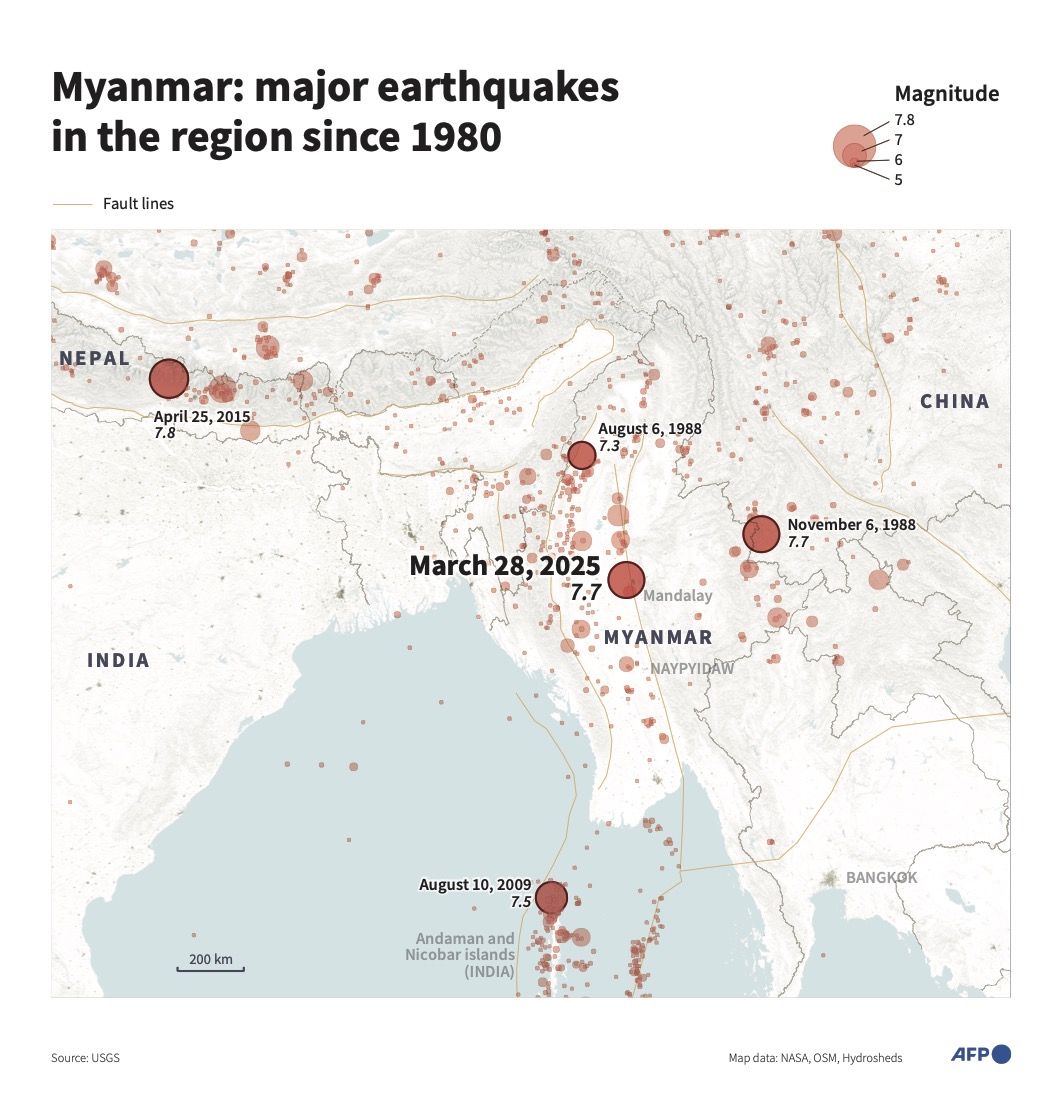RIYADH: Sri Lanka, the fourth-largest tea producer in the world, is celebrating the 150th anniversary of the industry’s birth with the world’s largest “tea party.”
A “Global Ceylon Tea Party” was hosted at Sri Lankan missions worldwide, including its embassy in Riyadh, with government officials and tea industry representatives saluting tea’s place in the island’s history and modern economy.
Sri Lankan tea, known for generations as Ceylon tea, has a unique heritage. The industry that began as a diversification experiment in 1867 on just 19 acres of land has today expanded to supply 19 percent of global demand.
Known for its signature taste and aroma, Sri Lanka’s tea provides a major source of income for the country and is its leading employer. The island has a 5 percent share of global tea production and a 17 percent share of world tea exports.
Tea remains the backbone of the island’s economy, with annual export earnings averaging around $1.5 billion, or 15 percent of foreign exchange revenue.
With 65 percent of the export agricultural income, the tea industry contributes about 2 percent to the island’s gross domestic product. More than 2 million people are employed directly and indirectly, with 10 percent of the country’s population depending on “green gold” for its livelihood.
Sri Lanka was the first tea-producing country in the world to introduce national branding, with Ceylon tea linked to the lion logo. The brand remains a source of pride because of its global popularity and unmatchable quality.
Exceptional diversity
Although tea makes up almost 45 percent of all exports in value-added form, what makes Sri Lanka’s national product truly unique is not volume but exceptional diversity.
Tea plantations in Sri Lanka are categorized around three distinct elevations — high grown, medium grown and low grown. Teas are classified into seven agro-climatic regions, Nuwara Eliya, UdaPussellawa, Uva, Dimbulla, Kandy, Sabaragamuwa and Ruhuna, based on location.
Due to its diverse topography and climate, Sri Lanka produces an array of specialty teas with different flavors, aromas, strength, and color that are almost impossible to replicate.
Commercial secretary at the Sri Lankan Embassy in Riyadh, Gayan Rajapaksa, said the island’s tea was sold to the Saudi customers after blending it with tea from other countries.
High standards
Ceylon tea is also the cleanest tea in the world in terms of pesticide residues, according to the ISO Technical Committee responsible for quality assurance.
Sri Lanka was the first country to achieve the “Ozone Friendly Tea” label recognized under the Montreal Protocol Treaty and is the proud owner of the first Ethical Tea Brand of the World recognized by the UN Global Compact.
The lion trademark symbolizing pure Ceylon tea pre-packed in Sri Lanka has been registered in more than 100 countries by the Sri Lanka Tea Board, the government organization regulating and promoting the industry.
Retail packs that carry the trademark are guaranteed by the tea board to consist of 100 percent pure Ceylon tea pre-packed at source and conforming to standards set by the authorities.



























